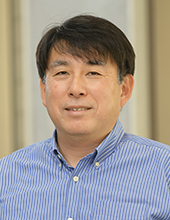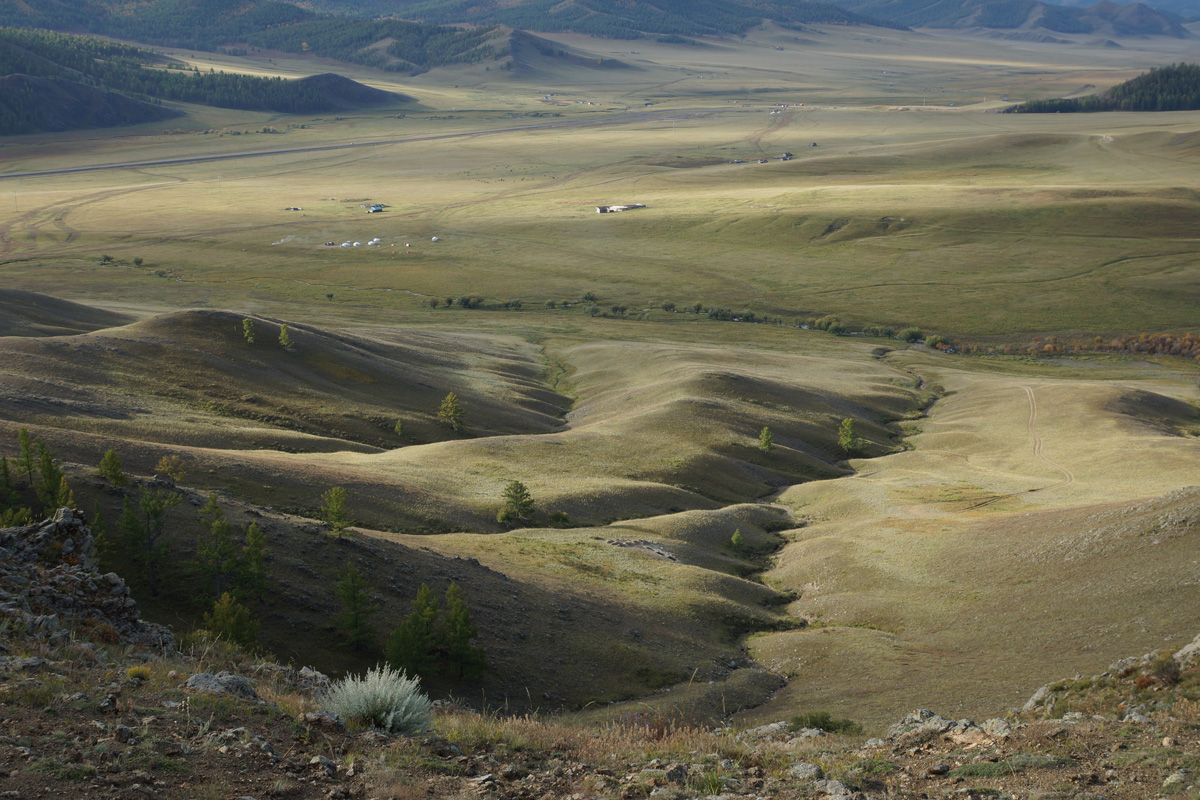
Masami IZUHO
Principal Investigator
Associate Professor, Graduate School of Humanities, Tokyo Metropolitan University
My primary research area encompasses the dispersal of modern humans into Eastern Eurasia and North America, focusing on the subsequent formation of regional cultural diversity. I have demonstrated how cultural patterns correspond to local ecosystems, influenced by global climatic changes in regions such as Siberia, Mongolia, and Japan. Collaborating with experts in paleoclimatology, paleoecology, ancient DNA analysis, and archaeology, Team B01 strives to construct a comprehensive and innovative model that explains the spatio-temporal changes in the human ecosystem during the late Pleistocene.
Team Members and Research Themes
- Kazuki Morisaki (Associate Professor, Graduate School of Humanities and Sociology, The University of Tokyo) focuses on modeling cultural patterns on the Japanese Archipelago and in continental East Asia.
- Akira Iwase (Assistant Professor, Graduate School of Humanities, Tokyo Metropolitan University) specializes in reconstructing colonization and migration patterns of modern human groups on the Japanese Archipelago.
- Izumi Naka (Specially Appointed Assistant Professor, Graduate School of Science, The University of Tokyo) is responsible for modeling the dynamics of genetic groups in East Eurasia, integrating ancient and modern genomic data to reconstruct migration and admixture processes over time.
- Hitoshi Hasegawa (Associate Professor, Science Department of Natural Science Cluster, Kochi University) works on reconstructing climatic changes during Marine Isotope Stage 3-2 in East Eurasia.
- Nagayoshi Katsuta (Professor, Faculty of Education, Gifu University) focuses on reconstructing climatic changes during Marine Isotope Stage 3-2 on the Japanese Archipelago.
- Koji Shichi (Team Leader (Paleoforestry), Hokkaido Research Center, National Research and Development Agency Forest Research and Management Organization Forestry and Forest Products Research Institute) studies Late Pleistocene vegetation changes in East Eurasia.
Outline of Research
Project Team B01 investigates the empirical data primarily based on cultural, paleoenvironmental, and ancient DNA evidence to better understand the dispersals, colonization, migrations, evacuations, and disappearances of modern humans in the Japanese Archipelago of East Eurasia. The research encompasses three distinct areas, each shaped by different climatic mechanisms: Inner Asia, the Circum-Japan Sea region, and the Pacific slope of the Japanese Archipelago. By integrating evidence from each area to reconstruct a comprehensive model, we aim to elucidate the sociological and genetic changes in modern human groups which is occurred but not always alongside with the natural environmental changes in East Eurasia during the late Pleistocene.
Collaborating with other teams in the larger project, Team B01 aims to elucidate how the dispersal and adaptation of modern human groups in the Japanese Archipelago during the late Pleistocene possibly had a profound influence on the formative history of modern humans during the following time period of Holocene. By conducting this research, we aspire to contribute to the burgeoning field of the Integrative Bioarchaeology.

